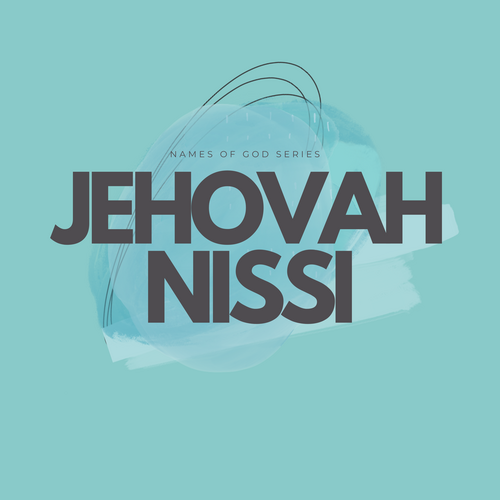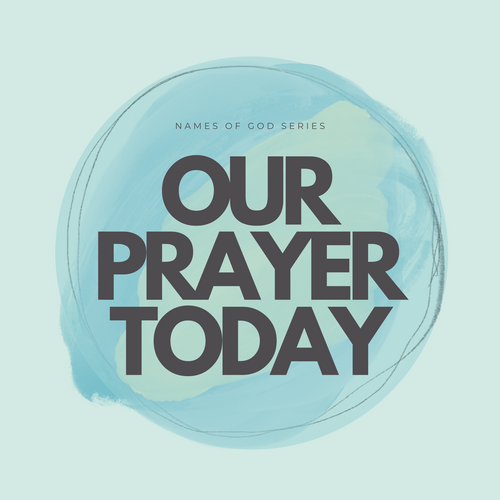The Hebrew name for God Jehovah Nissi is translated I Am is My Banner. The root of the word nissi means raised, displayed, and prominent. Originally, a nissi was a pole or a standard, but it didn’t hold fabric like our flag poles. Instead, it held a wooden or metal emblem on its end. This was usually colorful and shiny so that it could be seen from a long distance. The banner or pole with an emblem was a mark of identity for troops in battle. Now, just as then, the flag that is left flying at the end of the battle was the victor’s flag. The concepts of taking courage, identification and the signal of victory are all wrapped up in the Hebrew word nissi.
The banner expresses faithfulness. We literally pledge allegiance to our flag, we identify with it. I remember hearing the testimony of a young man from the inner city who came to know the Lord Jesus. His neighborhood was a stronghold for gangs because they offer identity. He said that when he found the Lord, he found his identity, he now had a flag to follow.
The first time this Hebrew name for God is used is during the very first battle that took place after the Israelites left Egypt under the leadership of Moses in Exodus 17:15. The Amelekites attacked the stragglers of the Israelites at the rear of their march, the ones who were faint and weary. Moses sent Joshua with many men to fight against Amalek while Moses with Aaron and Hur positioned themselves on the top of a hill. As Moses held his hand up extending the rod or the staff of God, the Israelites prevailed in the battle. When his hands got heavy and he couldn’t hold the rod up, the Israelites began to lose the battle. Aaron and Hur put a stone under Moses so he could sit and they could support his hands. Thus his hands were steady until the sun set.So Joshua overwhelmed Amalek and his people with the edge of the sword. Exodus 17:12-13 After this the Lord instructed Moses to write this account in a book as a memorial. Moses then built an altar and named it Jehovah Nissi, the Lord is My Banner.
I believe this story in the book of Exodus demonstrates that as believers in the Lord Jesus we can easily get discouraged and dispirited. When we are stragglers who don’t follow the Lord closely, we are prey to the enemy of our souls. This story reinforces that we dare not take our eyes off Jehovah Nissi. He brings encouragement so that we are able to stand and fight and not retreat. He is the One with whom we identify. He is our flag to follow. The Lord calls us to take a stand against the enemy and having done all to keep standing. He calls us to extend our hand in intercessory prayer to support our fellow believers who are in the battle. When we follow the Lord He will show us if it is our time to go to battle or if it is our time to battle on our knees with prayer that perseveres and doesn’t stop until the victory is won.
The events of this world are not decided by karma or fate or because “it’s meant to be”. The events of this world are decided by prayer or the lack of prayer. God is waiting for His pray-ers to rally under their Banner and pray.
Jehovah Nissi is our rallying point. When we lift our eyes off our circumstances and look to you, you brings encouragement. You are our identity. You are still standing. You secure our victory.

